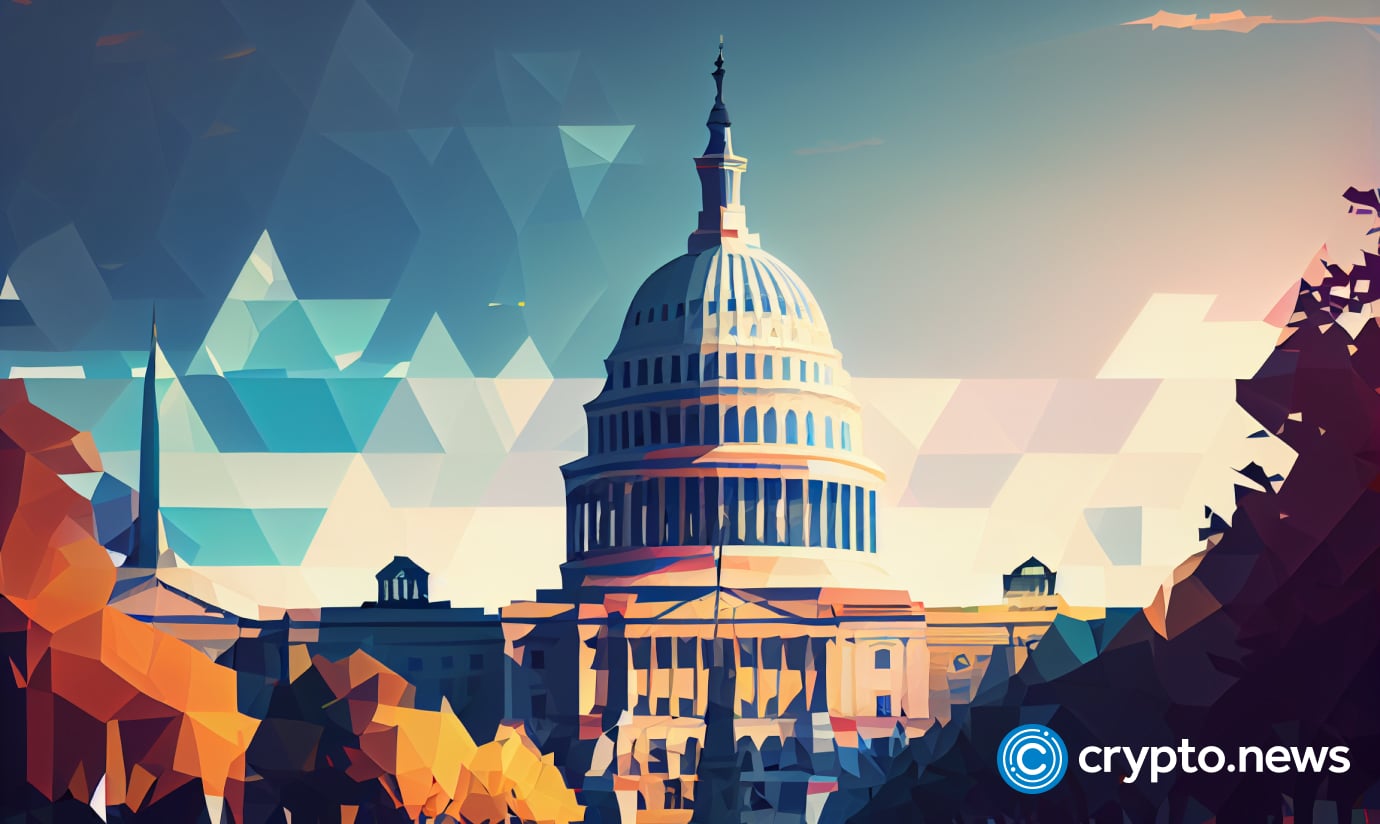The U.S. House of Representatives is set to reconsider a bill aimed at overturning a contentious Securities and Exchange Commission (SEC) directive that critics claim hampers crypto companies from collaborating with banks.
House Majority Leader Steve Scalise has slated the bill, previously vetoed by President Joe Biden in May, for reconsideration on July 9 or later.
Although the measure had previously passed both the House and Senate with bipartisan support, achieving the two-thirds majority needed to override Biden’s veto may be challenging.
The SEC issued Staff Accounting Bulletin No. 121 (SAB 121) in March 2022, advising financial institutions that hold crypto on behalf of customers to include those assets on their balance sheets as if they owned them.
The guidance was criticized for discouraging investment banks and other traditional financial entities from providing crypto custody services on a large scale.
House majority whip Tom Emmer even called SAB 121 “illegal” and a “violation” of the SEC’s statutory mission.
The Senate had voted on the resolution to repeal this accounting guidance, which many critics argued was unnecessary and deterred investment.
Despite the controversial nature of SAB 121, there was sufficient bipartisan support for the measure to pass through Congress.
Lawmakers, investment banks, crypto investors, and even some crypto skeptics—typically divided on many issues—united in their desire to see SAB 121 repealed. They argued that the guidance forces banks to treat crypto assets differently from other types of assets, creating unnecessary complexity and uncertainty.
While the guidance is not a formal rule, the lack of clarity on how much banks would need to hold against crypto assets or how the SEC would enforce it has deterred several large firms from entering the crypto custody business.
When President Biden vetoed the bill, he posted a letter on the White House website explaining his decision. He emphasized that his administration would not support measures that jeopardize consumer and investor well-being.
He also noted that SAB 121 reflected considered technical views on the accounting obligations of firms safeguarding crypto assets.
Biden further stated that the Republican-led resolution to disapprove of SAB 121 would improperly limit the SEC’s ability to establish appropriate regulatory frameworks and address future issues.
The U.S. President explained that overturning the guidance would undermine the SEC’s broader authority over accounting practices. He also asserted the necessity of appropriate guardrails to protect consumers and investors, which are essential for harnessing the potential benefits of crypto innovation.
He further expressed his administration’s readiness to collaborate with Congress to develop a comprehensive and balanced regulatory framework for digital assets, building on existing authorities to promote responsible development and maintain U.S. leadership in the global financial system.
As the House prepares to revisit the bill, the crypto industry and its supporters are watching closely to see if the measure can gather enough support to override the presidential veto and repeal SAB 121. The outcome could significantly impact how banks handle crypto assets and the future of crypto custody services in the U.S.




